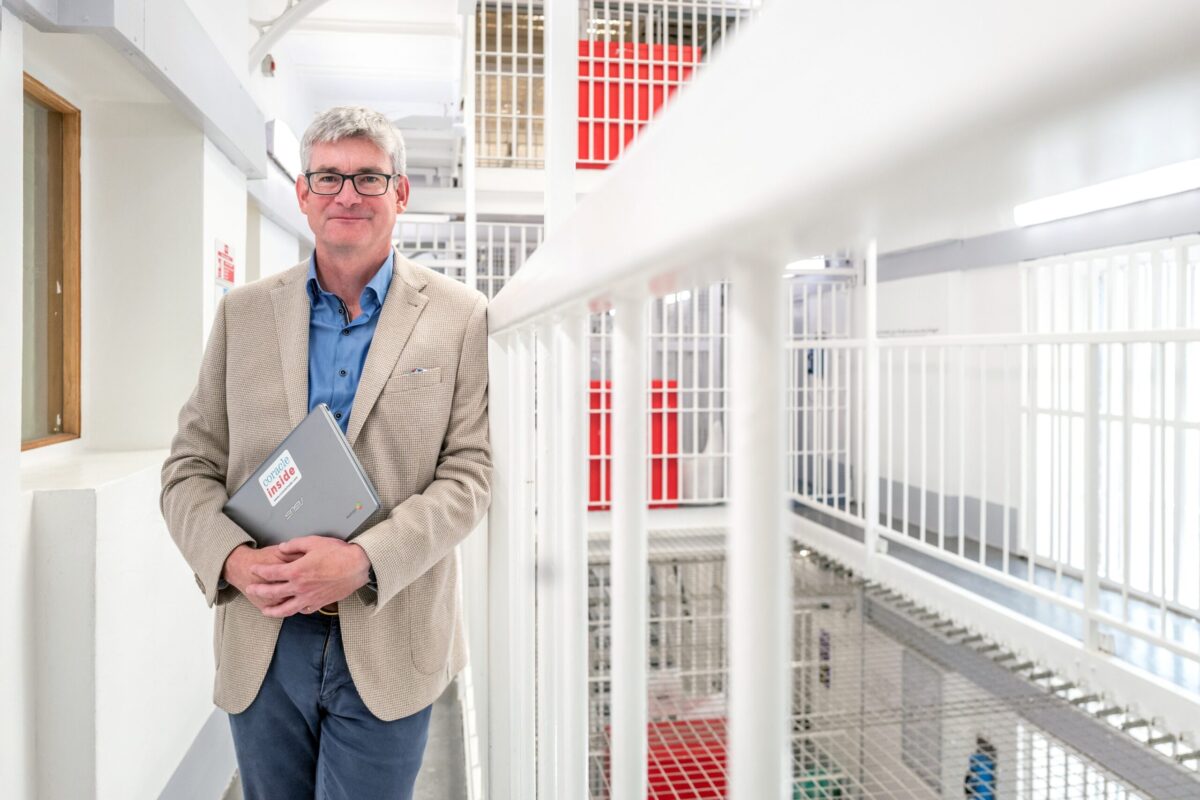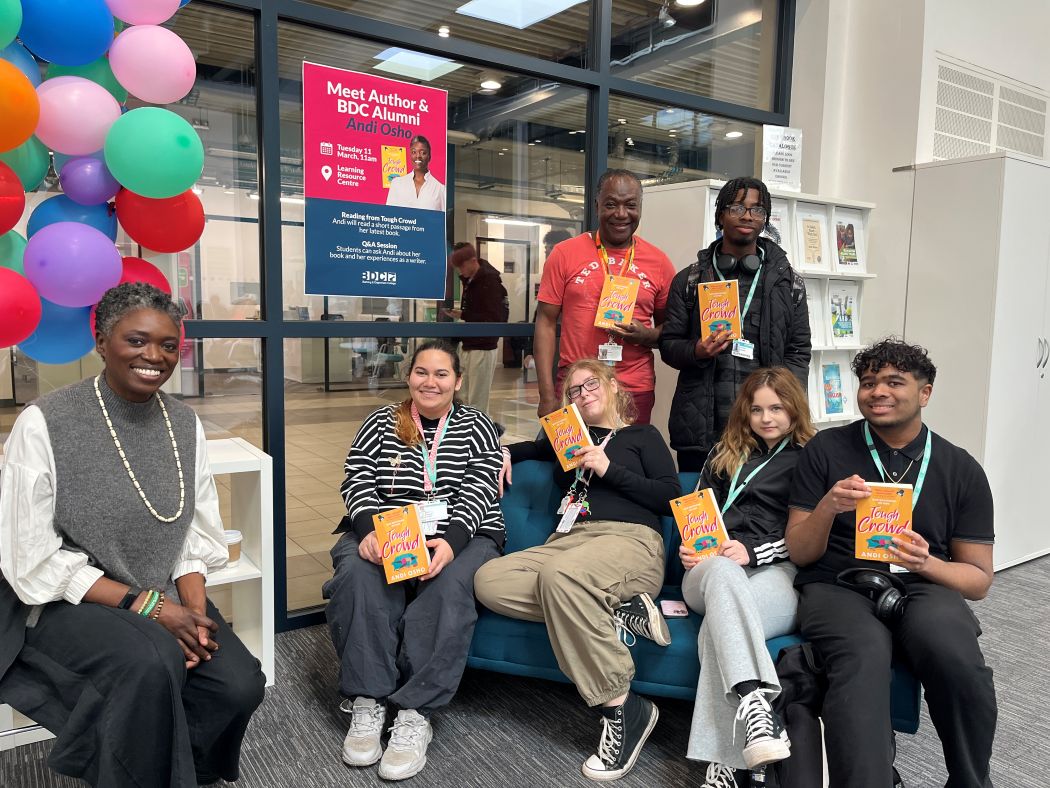“Teaching prisoners digital skills will cut reoffending,” says tech entrepreneur

With World Creativity and Innovation Day taking place this week, entrepreneur James Tweed urges all those involved to consider how the lives of prisoners could be changed by art and new technology
Creativity can cut crime, a tech entrepreneur has said in connection with World Creativity and Innovation Day (April 21).
James Tweed, CEO of Cambridge-based Coracle, which provides laptops to prisoners, says innovative new technologies can be used to cut crime, improve skills and make ex-offenders far more employable.
“We have this treasure trove of new technology which can help people to develop skills, and to become more innovative and creative, but we aren’t doing enough with it.
“Many prisoners I’ve worked with are keen writers or artists and have a unique take on the world and we need to do more to help them develop these skills. By doing so, we could ensure they leave prison with a very different mindset to the one they went in with.
“Gaining creative skills can build a sense of purpose, hope and inspiration for the future. Employability is not just about learned skills, but also about having the initiative to think outside the box and problem solve in an innovative way.”
Coracle, which is based in Cambridge’s Chesterton Mill, is one of the very few companies in the UK authorised by the Ministry of Justice to provide inmates with secure, offline computers, on which they can access educational content, apprenticeships and reading material.
Currently, its virtual learning environment is used by inmates at 86 prisons in England and Wales.
As well as being able to design a CV, take apprenticeships and gain new qualifications, prisoners can ause Coracle’s secure laptops to access creative courses designed to stimulate the mind and teach new skills.
Tweed says that navigating the 21st century requires a vast range of creative skills, and that having these skills is likely to make prisoners more resilient, determined and aspirational for their future.
“A lot of people view prison as a time for punishment but, when you leave prison with new knowledge and skills, you’re much more likely to be able to find a way out of a life of crime,” he said.
“Creative skills are vital to every career path, increasing the chances that ex-offenders will be able to create a new future for themselves.
“I hope World Creativity and Innovation Day will be an opportunity for more people to recognise the importance of learning creative skills.”











Responses